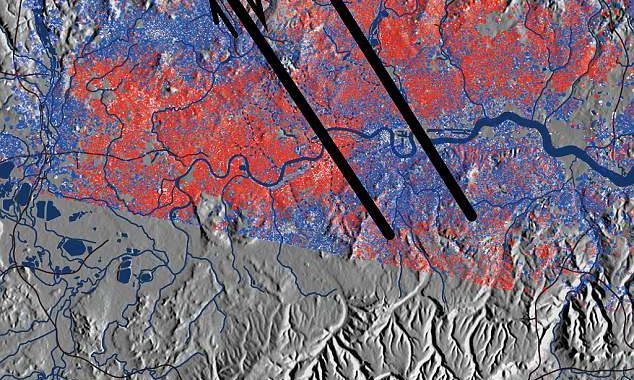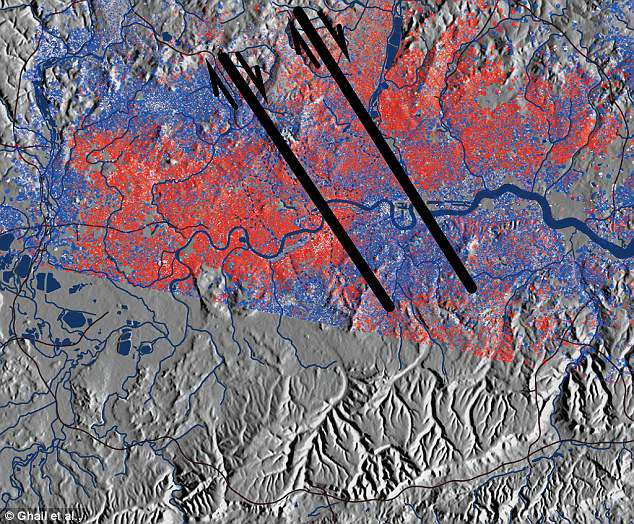Scientists discovered two fault lines under London that could trigger an earthquake
Two major fault lines in London
The feng shui of London is very good. However, in 2018, researchers at Imperial College London found two fault lines running under London that could potentially cause a magnitude 5 earthquake. These fault lines move between 1mm and 2mm every year. The faults run directly under central London and under Canary Wharf. The researchers were using Persistent Scatterer Interferometric Synthetic Aperture Radar (PSInSAR) and believe that London is overdue for a quake but suggest that there is a one-in-a-thousand-year chance of a tremor. “The faults were initially inferred from geomorphology – drainage patterns, etc. – [along with] borehole records, and site visits,” Ghail told IFLScience. He noted, though, that they “detected their motion using satellite Persistent Scatterer Interferometry (PSI) radar data,” a technique that tracks even small changes in displacement over time.
An earthquake has not struck London since the 1700s
The last large earthquake in London happened on the 6th of April 1580, and it had a comparably large magnitude 5.5. A magnitude 5 earthquake is comparable to shaking, similar to standing on a platform between two passing trains. However, a magnitude 6 earthquake could cause damage to buildings. New buildings in London will be made so they can withstand a quake registering 6.5 on the Richter Scale. Dr Ghail, a researcher at Imperial College London, said the greatest risk to Londoners is not the earthquake itself but the knock-on effects (disruption to infrastructure, economic impact, secondary hazards, building damage, long-term recovery challenges, etc).


